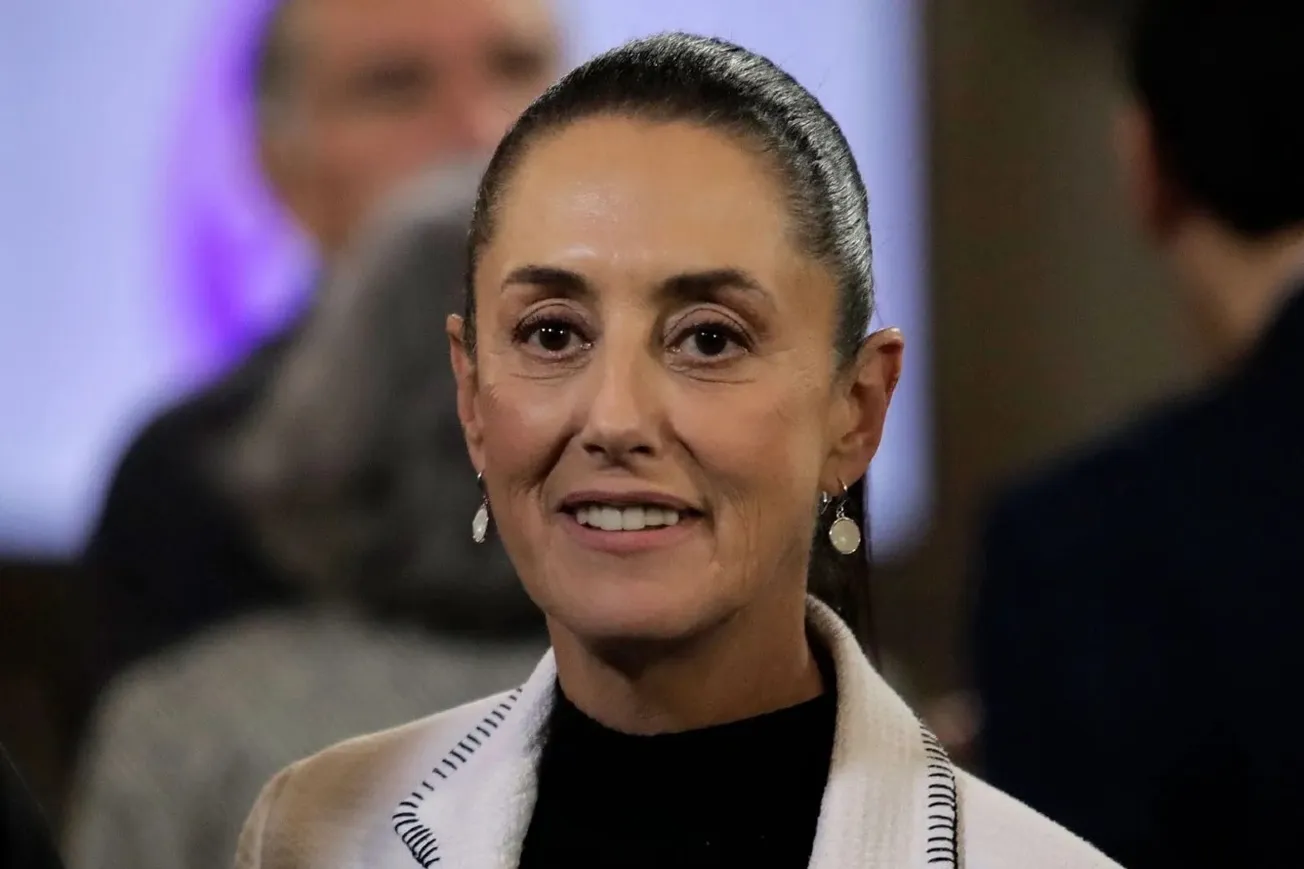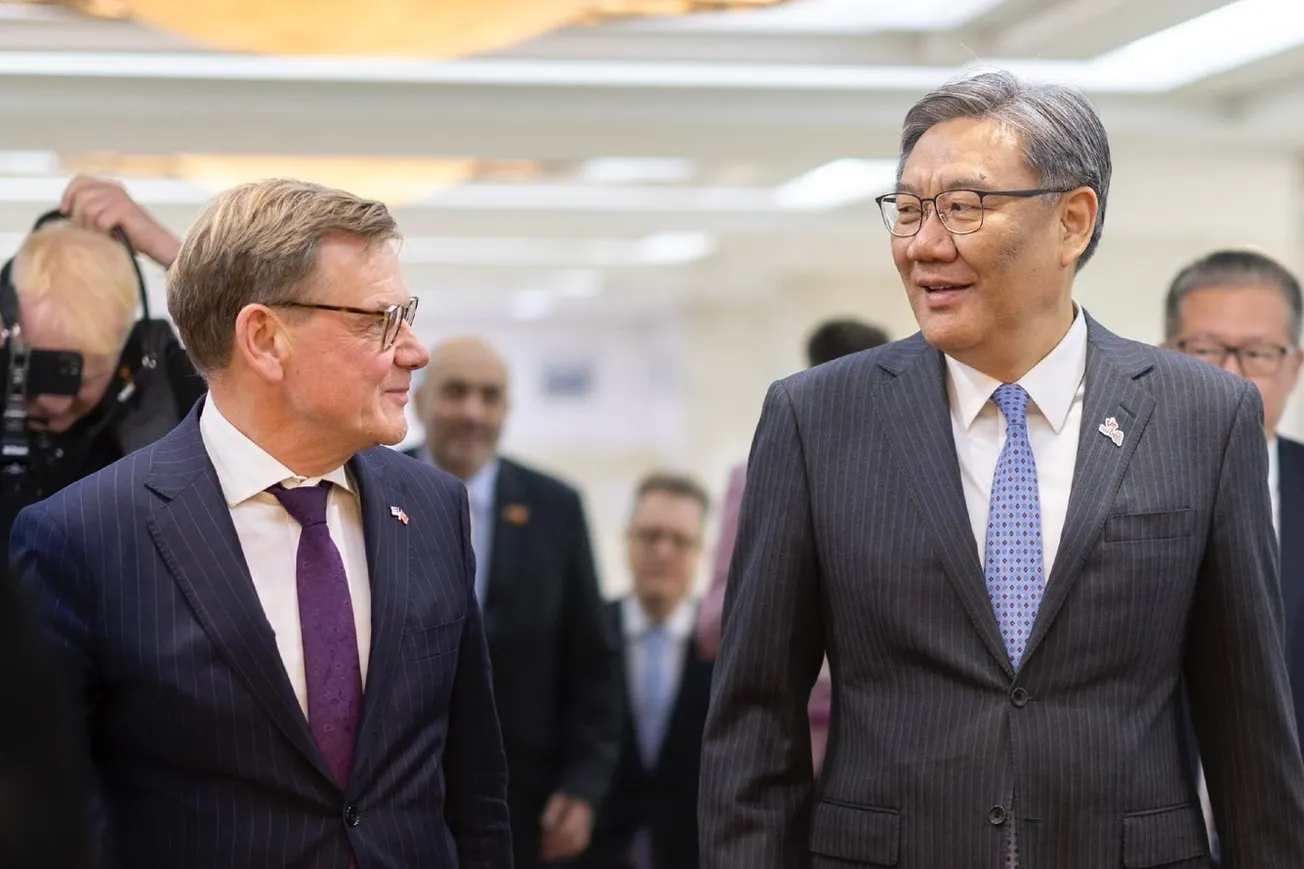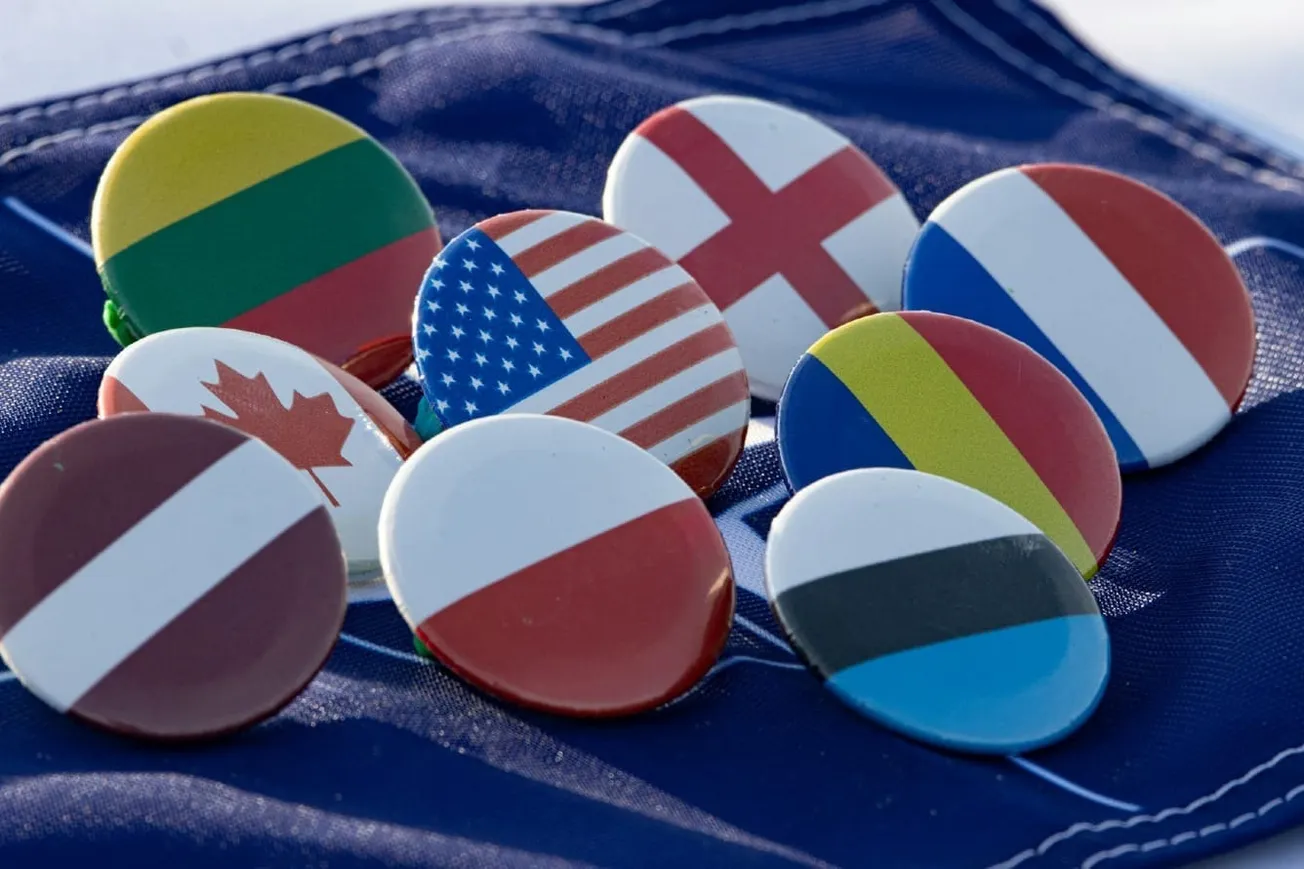By Barry Eichengreen, Project Syndicate | Feb 10, 2025
Perhaps US efforts to cut off China’s access to advanced semiconductors will be more successful than analogous restrictions on tech exports to France in the 1960s. But we now have at least one data point – DeepSeek – that suggests otherwise.









